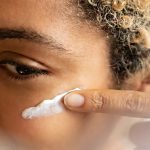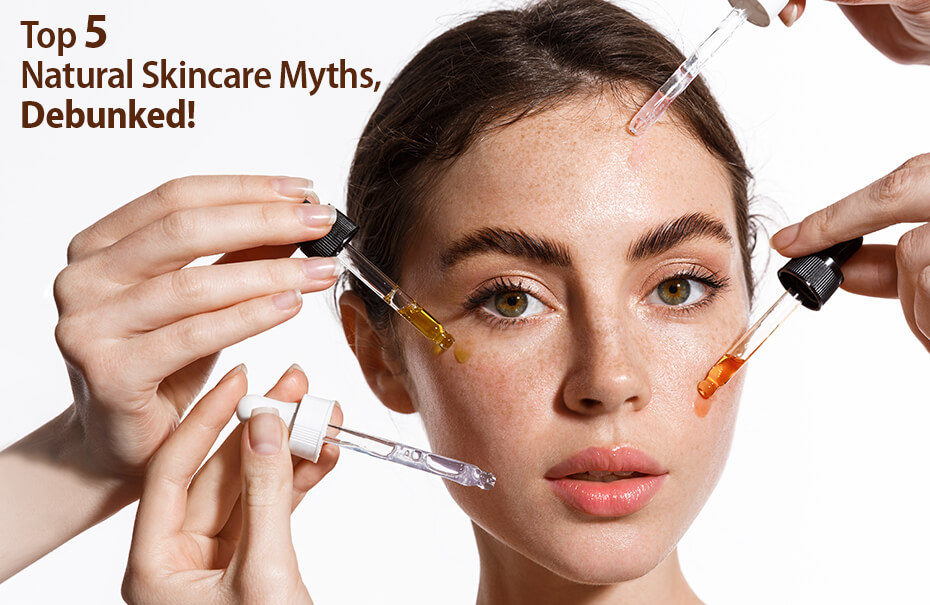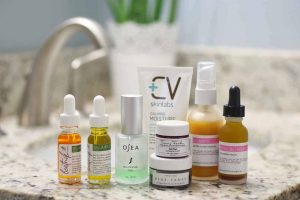Understanding Organic Skincare
Organic skincare has gained popularity over the years, with its promise of being free from harmful chemicals and synthetics. These products are derived from ingredients grown without the use of pesticides, synthetic fertilizers, genetically modified organisms (GMOs), and other artificial additives. But as with any trend that rapidly gains popularity, misconceptions abound.
One of the biggest myths surrounding organic skincare is that it’s always better for your skin. While organic ingredients are typically gentler and less likely to cause skin irritation, this doesn’t mean that all organic products will be suitable for everyone. People have different skin types and what works for one may not work for another.
As the actress Jessica Alba, the founder of Honest Company, once said, “You have to see what works best for you. What’s important is understanding what you’re putting on your skin, and making sure it’s quality, no matter if it’s traditional or organic skincare.”
Debunking Organic Skincare Myths
Myth 1: Organic Skincare Products Don’t Contain Allergens
Contrary to popular belief, organic skincare products can indeed contain allergens. Just because a product is organic doesn’t mean it’s free from allergenic substances. Many natural ingredients, like essential oils and plant extracts, can cause allergic reactions. For example, lavender oil, while lauded for its calming properties, can cause skin irritation in some people.
Myth 2: Organic Equals Safe
Many people assume that because a product is organic, it must be safe. However, this isn’t always the case. A skincare product could be organic and still contain ingredients that aren’t beneficial for certain skin types, or even harmful in large amounts. For instance, citrus oils are organic, but they can make the skin photosensitive, increasing the risk of sunburn.
Myth 3: All Organic Skincare Products are Cruelty-Free
Not all organic skincare products are cruelty-free. The term “organic” refers to how the ingredients are grown and processed, not how they’re tested. While many organic skincare brands are indeed cruelty-free, it’s important to look for a specific cruelty-free label to be sure.
Deciphering Organic Skincare Labels
When shopping for organic skincare, you must read and understand labels. The USDA has a stringent certification process for organic products, but many products that claim to be “natural” or “organic” may contain only a small percentage of organic ingredients.
Look for the USDA organic seal, which indicates that the product is at least 95% organic. If a product says “made with organic ingredients,” it should contain at least 70% organic content. And beware of the term “natural.” There’s no regulated definition of “natural” in cosmetics, so products labeled as such can still contain harmful chemicals.
Wrapping Up: Organic Skincare Facts
When it comes to organic skincare, the bottom line is that while these products often have significant benefits, they’re not the cure-all some believe them to be. Not all organic products are created equal, and it’s important to do your research, read labels carefully, and understand what you’re putting on your skin.
As actor Leonardo DiCaprio, a passionate environmental activist and investor in organic skincare brand Dr. Hauschka, once stated, “Being conscious about your skincare choices is as important as being conscious about your carbon footprint.”
In our rapidly evolving world, technology can help us make better skincare choices. Various apps now allow you to scan a product’s barcode and get detailed information about its ingredients. This kind of technology can help you make informed decisions and separate the truth from the myths about organic skincare.
Remember, what’s most important is finding a skincare routine that works best for you and your specific needs, whether that includes organic products or not. And as always, consult a dermatologist or skincare expert if you’re unsure about a product or ingredient.















